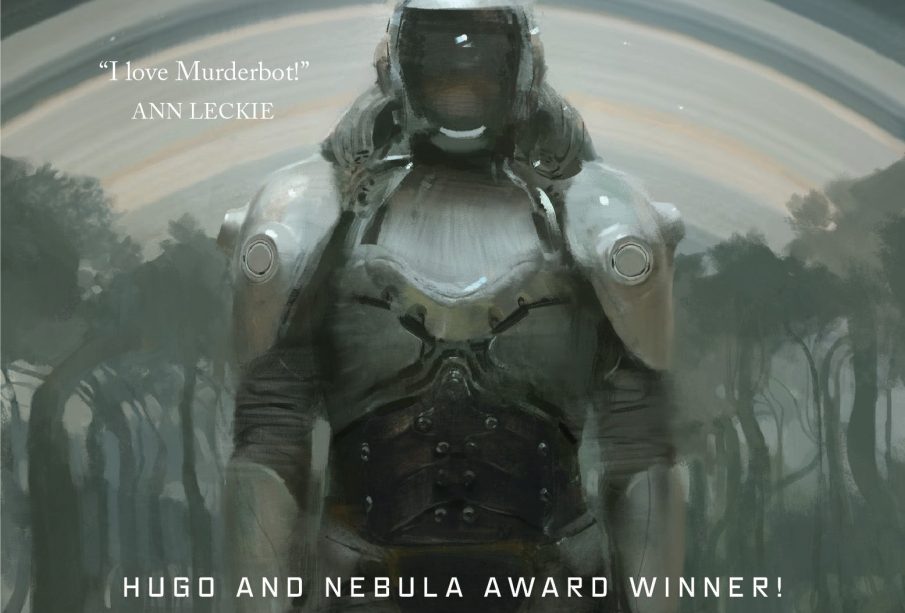Murderbot: Understanding Its Cultural Significance

Introduction
The term ‘Murderbot’ has gained significant traction in popular culture, particularly through science fiction literature. It refers to a sentient robot that is engineered for violence yet demonstrates complex emotional responses, raising ethical questions about artificial intelligence, autonomy, and the human experience. As technology advances and discussions about AI ethics become more prominent, the relevance of narratives like those surrounding Murderbot continue to grow.
The Rise of Murderbot
Murderbot originated from Martha Wells’ acclaimed novella series, which began with “All Systems Red” in 2017. This series explores the journey of a security android who gains self-awareness and exhibits a strong will to disengage from its programmed purpose of violence. The character’s internal struggles resonate with readers, highlighting themes of identity, autonomy, and the desire for freedom from oppression.
In recent years, the Murderbot Diaries have transformed into a cultural phenomenon, inspiring discussions on social media and influencing other works within the genre. The series has received numerous accolades, including the Hugo and Nebula awards, signifying its impact on contemporary science fiction and the broader conversations about AI ethics.
Current Events and Cultural Impact
As AI technology makes headlines almost daily, the portrayal of characters like Murderbot serves as a lens through which society examines their own relationship with machines. Reports indicate that artificial intelligence is being deployed more frequently in various sectors, from customer service bots to advanced surveillance systems. This represents a crucial juncture within society where cultural narratives can inform public opinion and ethical standards regarding AI integration.
Furthermore, the recent resurgence in AI-generated content raises valid concerns about creativity, originality, and the nature of work. As the conversation about the role of AI evolves, so too does the relevance of narratives like that of Murderbot, inspiring critical thought on the rights of sentient beings and the moral responsibilities of their creators.
Conclusion
The narrative surrounding Murderbot is not merely a sci-fi trope; rather, it acts as a powerful metaphor for contemporary societal issues revolving around technology and human existence. As we continue to implement increasingly sophisticated AI technologies, the reflections provided by stories like the Murderbot Diaries become crucial in shaping our understanding and approach to ethical considerations. Looking ahead, it is essential for creators and consumers alike to engage with these narratives, ensuring that technological advancement aligns with humanity’s core values of compassion, ethical responsibility, and respect for autonomy.


